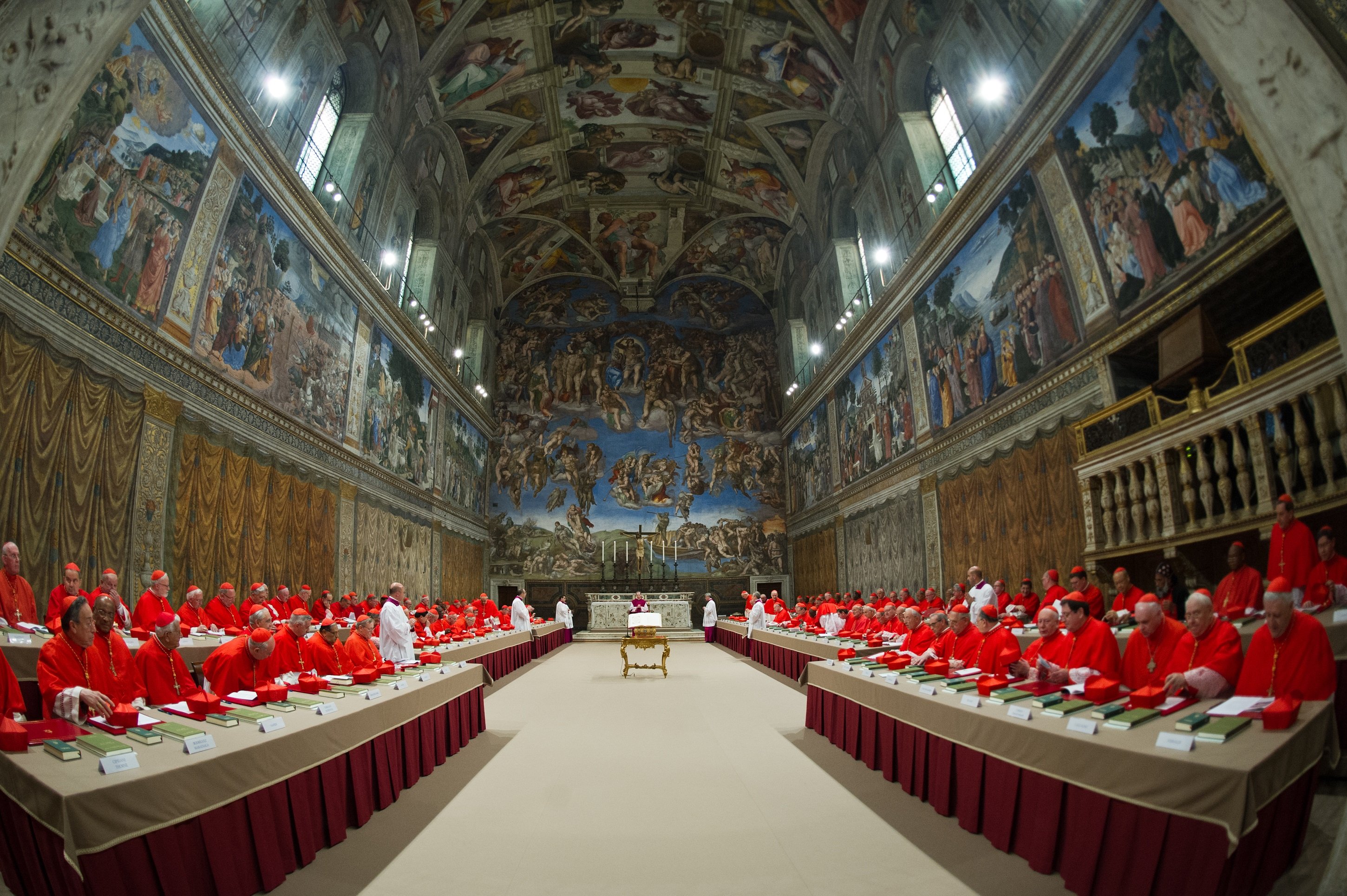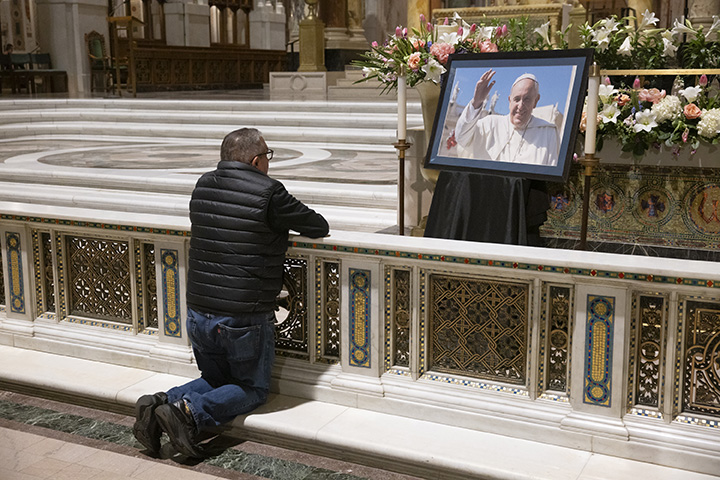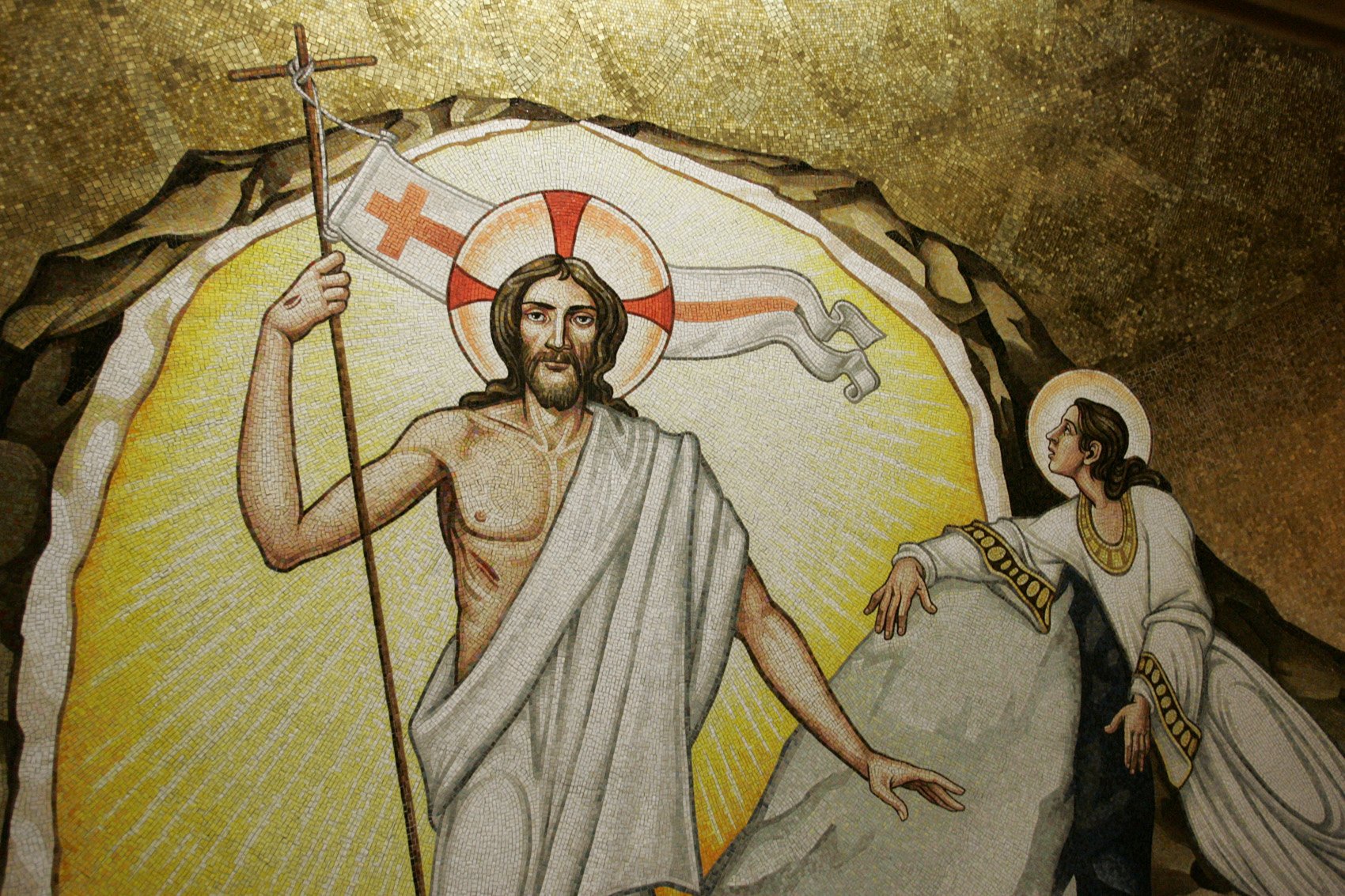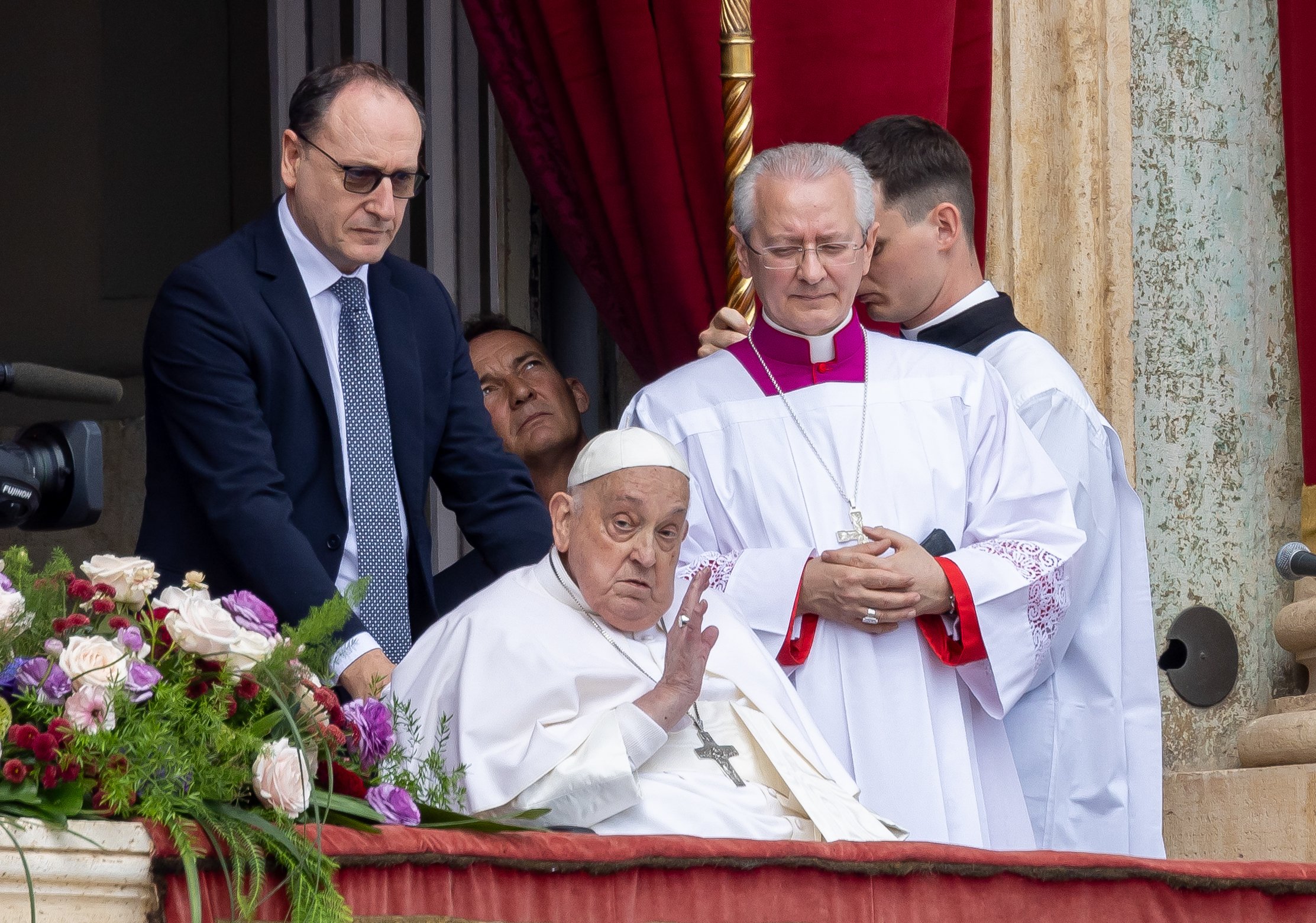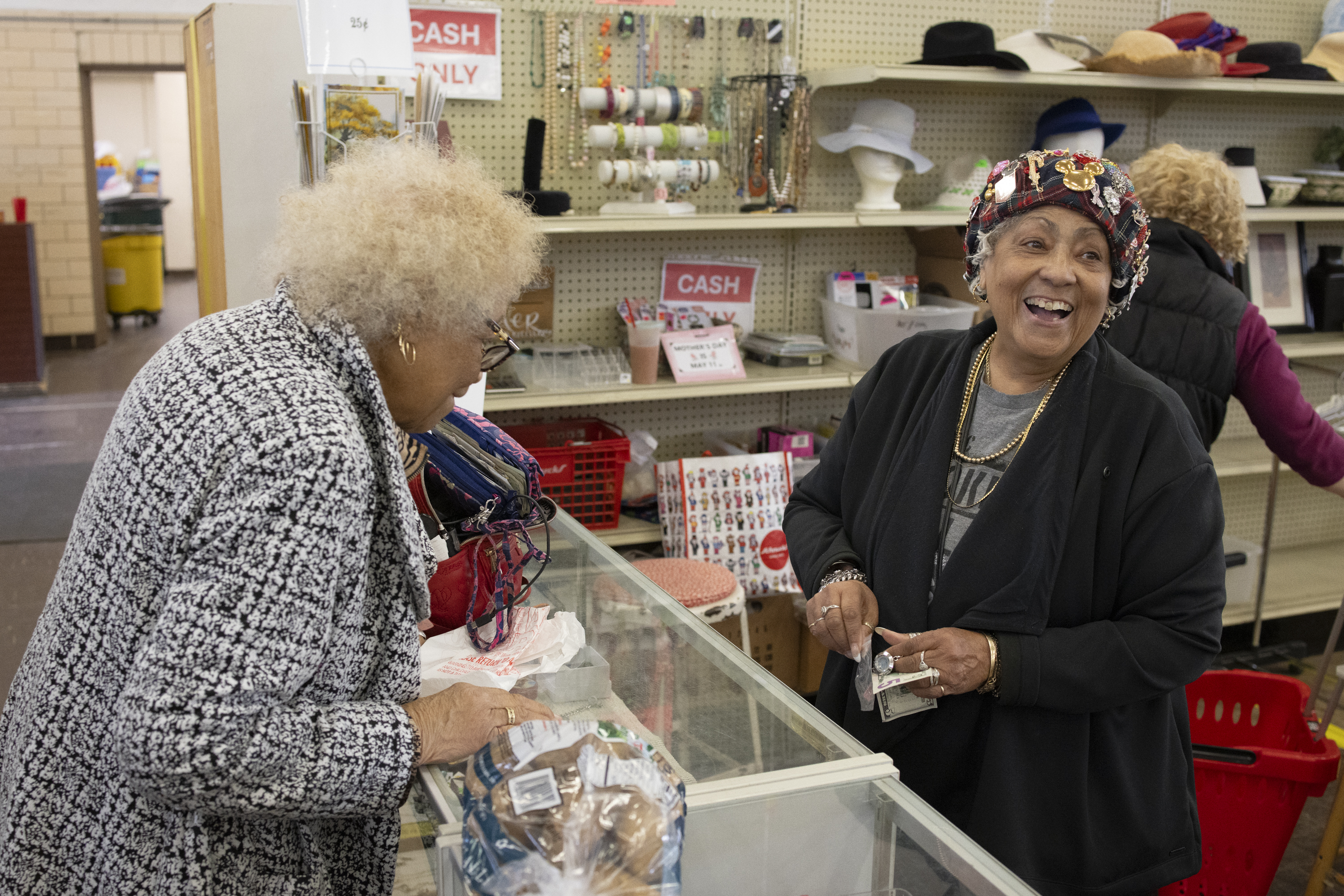Catholic first, political second
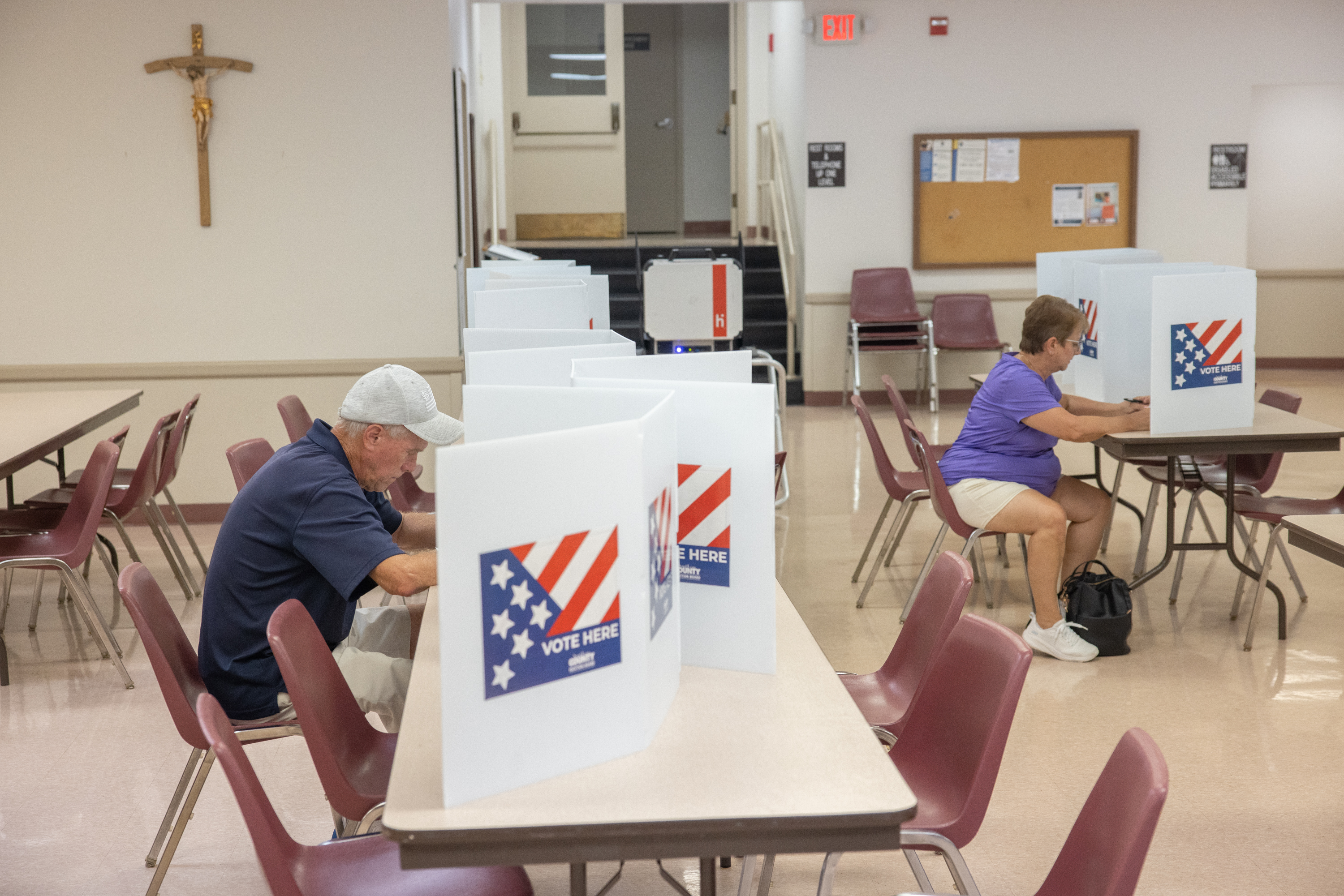
Bishops encourage voters to examine ballot choices in light of Church teaching and the common good
As the 2024 general election approaches, Catholics are reminded of our call to take an active part in public life — no matter how tempting it may be to throw our hands up in despair and hide under a blanket instead of approaching the ballot box.
Deacon Tyler McClay has worked for several years at the intersection of faith and politics as director of advocacy for Catholic Charities of the Archdiocese of St. Louis and former executive director and general counsel of the Missouri Catholic Conference. He knows well the challenges of advancing Catholic values in the divisive political climate.
“It’s important for us to remember to be Catholic first and political second,” Deacon McClay said. “It’s easy to get sort of tribal, but the Church is always a sign of contradiction.”
Each person has to wrestle with questions. Who do I vote for? How do I find the right answer? “And ultimately, the north star for us should be what’s going to advance truth, justice and goodness,” he said. “…The dignity of the person is number one. That’s the foundational umbrella over everything.”
Archbishop Mitchell T. Rozanski said that the U.S. bishops’ election document, “Forming Consciences for Faithful Citizenship: A Call to Political Responsibility,” offers Catholics helpful guidance in promoting the common good as they head to the polls.
“One of the main teachings of the Church is looking out for the common good,” Archbishop Rozanski said. “And in our political rhetoric today, the common good is rarely mentioned. In an age of hyperpartisanship and exaggerated claims, the Church says, let’s look out for the common good of all people — which really is supposed to be the purpose of political life.”
The bishops’ document doesn’t tell Catholics how to vote but how to “form their consciences, apply a consistent moral framework to issues facing the nation and world, and shape their choices in elections in the light of Catholic social teaching.”
“This document is not based on personalities or partisanship, the latest news cycle, or what’s trending on social media,” the introductory note from the bishops says. “Instead, it reflects the perennial role of the Church in public life in proclaiming timeless principles: the infinite worth and dignity of every human life, the common good, solidarity and subsidiarity.”
The first part of the document outlines Catholics’ responsibility to incorporate Catholic teaching into their voting decisions and support for the myriad public policy issues confronting society.
Part two outlines the bishops’ policy positions on numerous issues. Topics addressed include human life and dignity, promoting peace, marriage and family, religious freedom, economic justice, health care, migration, Catholic education, promoting justice and countering violence, combating unjust discrimination, care for the environment, communications, media and culture and global solidarity.
Part three lists goals for Catholics’ participation in political life, whether they are citizens, candidates or public officials. Notably, it invites Catholics to assess moral and ethical questions emanating from public policy issues. It also lists nine goals for Catholics to weigh in public life.
“Faithful Citizenship” also draws from the teachings of Pope Francis, Pope Benedict XVI, St. John Paul II, St. John XXIII, the Second Vatican Council and the “Compendium of the Social Doctrine of the Church.”
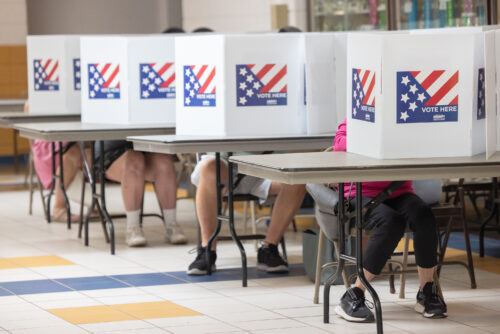
While the document lays out Church teaching on many current issues, a well-formed conscience is essential to then be able to choose which candidates to vote for, Deacon McClay said. That requires time and effort, both in studying Church teaching and researching the candidates’ policy positions and records.
The bishops’ resources also include several guidelines for forming our conscience, including studying Scripture and Church documents, prayerful reflection, seeking prudent advice of trusted leaders, regularly partaking in an examination of conscience and praying for the gifts of the Holy Spirit.
As we discern our own choices, it’s important to avoid judging others for differing political views and instead try to understand where they’re coming from, Deacon McClay said.
“We’re always going to interact with people that disagree with us. But our ultimate goal, as people of faith, is to bring people to Christ, right? If I’m screaming at my neighbor because of (politics), it’s not going to bring them to Christ,” Deacon McClay said. “I’ve got to engage them in a dialogue and try to show them the love of Christ so that they would even be attracted to it.”
He especially encouraged Catholics to stay away from inflammatory social media posting that prioritizes sound bites over real, human conversation.
“As people of faith that have a grounding in our faith and in the Eucharist, in Jesus, we can be an example to others how not to do that,” he said. “That’s what I mean by staying close to Jesus — we can avoid the temptation to be out there engaging in these sorts of toxic conversations that aren’t really helping anybody.”
And even after the election is over, “continue to stay involved. Don’t just step back and say, I’ve done my job, I voted,” Deacon McClay advised. Catholics can continue to educate themselves on current issues, contact legislators to show support or opposition to bills and engage in rational dialogue with others.
“I just stay close to Jesus as much as possible. That really is our hope — our hope is in Christ. There’s no perfect political system,” he said. “And I guess what gives me hope is that the Church has existed in every kind of political system … at the end of the day, we still get Jesus, we still have our faith. That’s our hope. Our hope can’t be in politics.”
Forming Consciences for Faithful Citizenship
To read the bishops’ full document and the additional inserts, visit stlreview.com/3ytJ5Qz.
Media literacy
Media literacy skills are important to have during an election, as voters are saturated with messages from a variety of media sources, said Julie Smith, an expert on media literacy and faculty member at Webster University in St. Louis.
Being a media-literate consumer means that we should engage in research and reflect on the messages that we receive. It can be time consuming, but thoughtful analyses of messages are necessary in a media-saturated world, said Smith, the author of “Master the Media: How Teaching Media Literacy Can Save our Plugged-In World.”
Regardless of the message — whether it be a TikTok video, a newsletter, a TV news story or a Facebook post — Smith said we should ask ourselves these questions:
• Who’s the sender of the message?
• What’s their motive or intent?
• How is the message designed to get my attention?
• What information is left out?
• Who benefits or profits from this message?
Smith also suggested keeping these things in mind when consuming media:
1. In our country, news is a business. If a source has information that most of their viewers/readers vote a certain way, it will make sure to keep those viewers/readers happy by never telling them something they don’t want to hear. One of the primary purposes of the news is to make money. And the more we watch, the more money they make.
2. Our definition of “being informed” has changed since social media platforms are not legally liable for anything posted on them by a third party. It’s very easy for anyone with a computer or phone to create a “news story” that looks legitimate.
3. If you see something that gives you a strong emotional response, that’s the first clue that you should check it for authenticity. It was most likely designed to do exactly that. And when we are emotionally involved, we’re less likely to view things with a critical and objective eye.
4. Practice “lateral reading” — meaning if you see something that seems sensational, check other sources to see if they are also talking about it. If it’s just a simple Facebook post, but you can’t find information on it anywhere else, it’s likely been created to mislead.
5. Slow down. We have hundreds of news options now. That can seem like a good thing, but it also can be a crutch that keeps us from being exposed to other points of view. Consider that we might be a better informed society if we had 10 minutes of news a day as opposed to 24 hours.6. The only truly objective information in any news source is the current temperature and the sports scores. We’re not guaranteed objectivity. News is a business — we get what we want rather than what we need.

